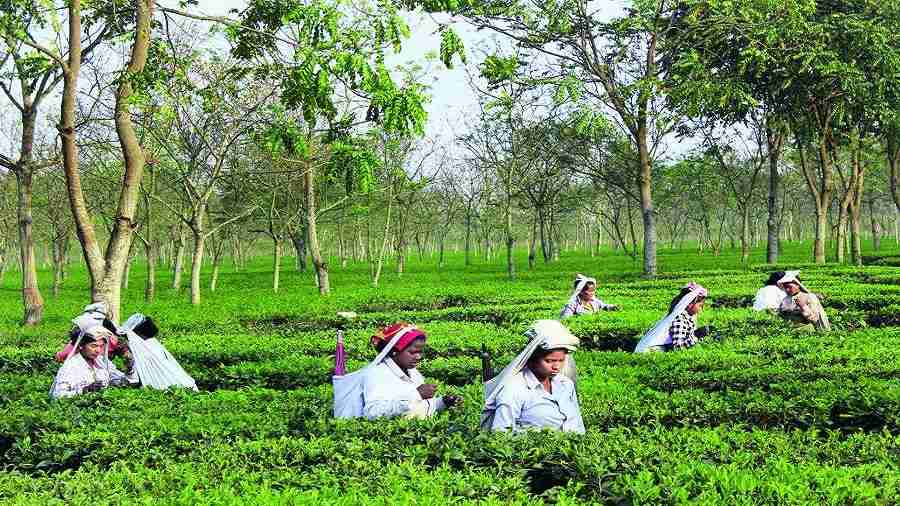The Tea Board, under the commerce ministry, has issued directions to all producers and sellers of the commodity to strictly comply with quality norms of food safety regulator FSSAI before selling the product, an official said.
The board has cautioned that no tea consignment that has failed on Food Safety and Standards Authority of India (FSSAI) test parameters should be out from the warehouse until receipt of the views of brokers and further direction of Tea Board in the matter, the official said.
These directions come at a time when certain tea consignments have faced issues with regard to quality in recent times.
According to a report of the Federation of All India Tea Traders Association (FAITTA), certain samples of tea are found to have failed on FSSAI tea testing parameters.
The samples mainly face issues with regard to MRLs (maximum residue limits) of certain pesticides.
As per the Tea Board, MRLs are defined as the maximum concentration of pesticide residue (expressed as milligrams of residue per kilogram of food/animal feeding material) likely to occur in or on food and feeding material after the use of pesticides, according to Good Agricultural Practice (GAP).
To improve quality of tea, the Tea Board at regular intervals, conducts visits and inspections of various manufacturing units/ warehouses and collect tea samples to check the quality of tea.
Sub-standard teas, if detected, are not permitted by the board to be marketed. The board also takes action of suspension or cancellation of registrations under the law and control orders depending on the extent of violation.
Further, the official said that to carry out an independent testing on FSSAI parameters in cases where the reports of testing carried out by sellers and buyers on individual basis are contradictory to each other, the board has proposed some measures to deal with the matter.
It has proposed that in such cases a fresh sample be drawn from the lots rejected by the buyer members by Tea Board in presence of broker, seller and buyer for testing of pesticide residues again.
The sample will be sent to any NABL (National Accreditation Board for Testing and Calibration Laboratories) accredited laboratory enlisted in the Tea Board in a coded manner, and the entire testing charges have to be borne by seller and buyer members (50:50 ratio).
The protocol to be followed by the board would be intimated to all concerned stakeholders before taking the sample by the Tea Board and the test report of the same would be taken as final for taking further decision on the matter.
Further, as the tea industry found it difficult to comply with low level of MRLs of commonly used pesticides, the board with inputs from Tea Research Institutes (TRIs) had submitted field study data on MRLs on five pesticides to Central Insecticide Board and Registration Committee (CIBRC) for upward revision of the levels.
The upward revision will help the industry to follow the standards in a more prudent manner, the official added.
As on date, FSSAI has notified MRL for 34 pesticides.
Tea exports during 2021 declined marginally to 195.50 million kg from 209.72 million kg in 2020.
The value of tea exports almost remained the same last year at Rs 5,246.89 crore, compared with Rs 5,235.29 crore in 2020.
The CIS (Commonwealth of Independent States) bloc remained the largest importer of Indian tea. It was followed by Iran. The other major importers include the US, UAE, UK and Germany.










